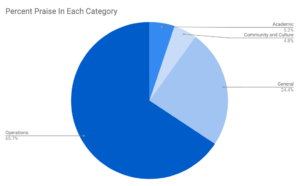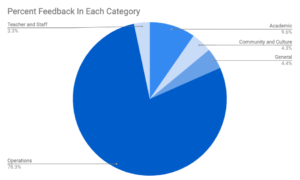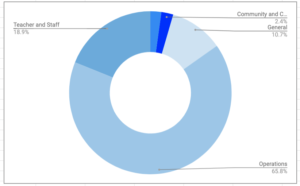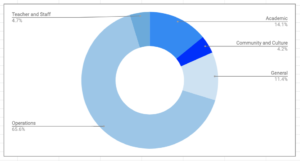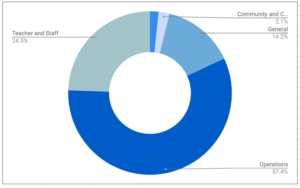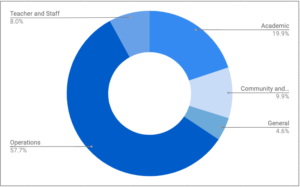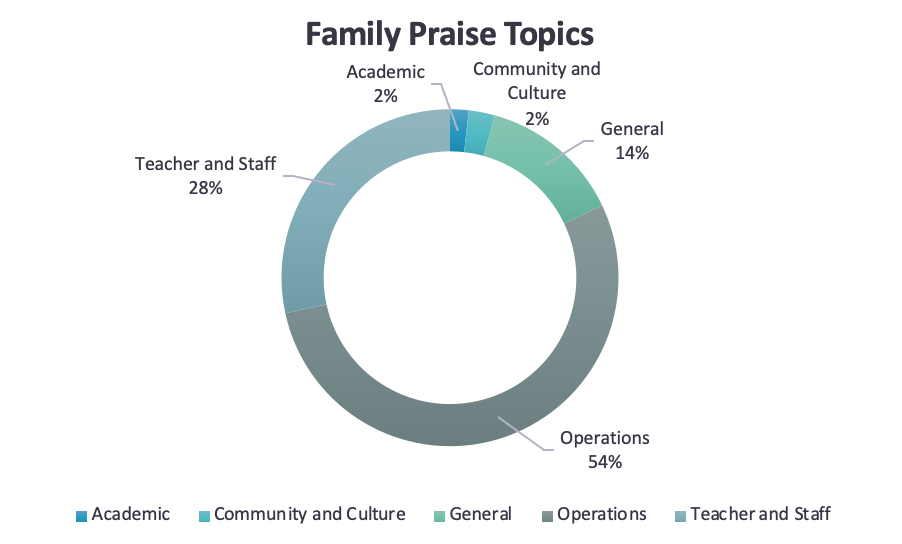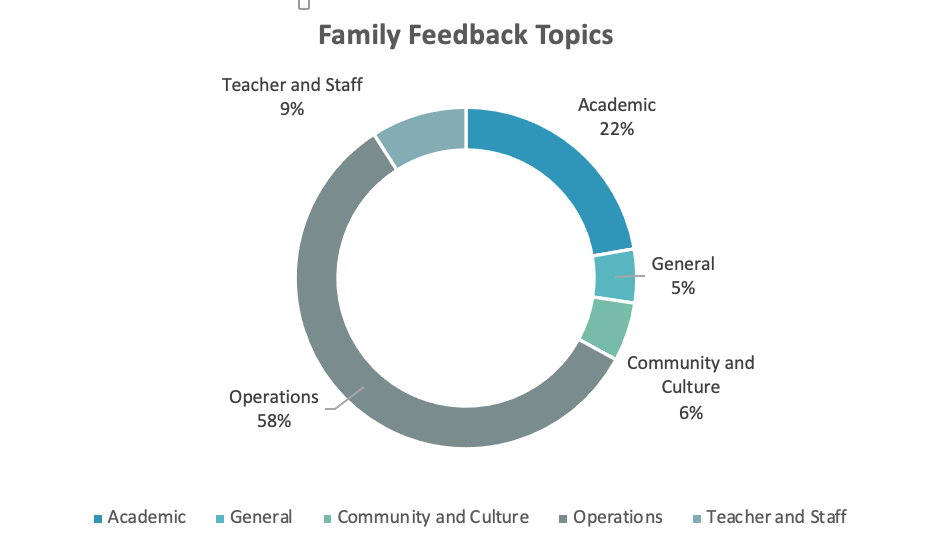As you end this school year and prepare for the next, gain inspiration from Remote Academy’s virtual STEAM education partnerships!
You’ve maybe heard of STEM (Science, Technology, Engineering, and Math) education, but what about STEAM (Science, Technology, Engineering, Arts, and Math) education? Like STEM, STEAM education creates opportunities for students to creatively and critically learn, but unlike STEM, STEAM places an emphasis on the arts too.
Throughout the school year, Possip partner, Remote Academy, in Portland, Maine, partnered with two local organizations (Mini Med School and Side x Side) to provide students with virtual STEAM education. Mini Med School gave students the opportunity to learn from Tufts Medical School students through 20-minute virtual lessons. These lessons covered health and wellness, in addition to pathways into medicine. Meanwhile, Side x Side, a local nonprofit, worked with Master Teachers to provide art lessons within an integrated curriculum. Both these programs were introduced and managed by teacher leaders in Portland Remote Academy’s programs.
We talked to Portland Remote Academy Elementary Teacher Leader, Annie Dalphin, about the importance of STEAM. And she put it this way:
“At the heart of STEAM education is creative problem solving. Sometimes it’s figuring out how using the arts can help you tell your COVID-19 story in a new way. Sometimes it’s learning about nutrition and careers in the medical field, meeting an engineering challenge, or using data to understand a social issue better. At its core, STEAM education is about empowering students to be problem solvers to make the world a better place.”
Annie also told us about the impact of STEAM on their students, teachers, and families.
How do these programs impact enrollment and engagement?
Online school can be monotonous, so having real-world partners to engage our students is a breath of fresh air for the students and the teachers. Both of these partnerships are important because they engage students over time, with multiple visits. This allows students to build relationships and time to think of questions and ways to be leaders of their own learning. This has led to very high engagement and attendance on days that the community partners are with us!
How have they helped your families and students?
These programs make our students’ lives better through empowerment. To support Mini Med School, we purchased over 300 single-use stethoscopes and distributed them to our remote students. We drove them to the students’ homes and left them on the doorstep when necessary. These students bring their stethoscopes to every online session, ready to learn about pathways to success in the medical field. Side X Side provided free art materials, standing out in the cold on a pick-up night to make sure every student got what they needed to participate in the art lessons that would help them tell their stories. The integrated art curriculum helped students make their learning visible in a unique way.
Do you have any tips or advice you’d share with other school leaders interested in building similar partnerships?
Stay local if you can. Local organizations are motivated to make long-term connections with your students, which is the key to successful engagement. Also, trust and listen to your educators who bring ideas to you, and/or look at local teacher forums. They may already have great ideas for partnerships with local organizations!
Thanks for the spotlight Annie! Read more Possip partner spotlights here.
Image info: Portland Remote Academy students participating in the Side x Side arts program holding their art up to their computer webcams. Image Source: Portland Remote Academy with permission to use.
The post Possip Spotlight: Portland Remote Academy’s Focus on Virtual STEAM Education appeared first on Possip | Parent Engagement Platform | School Feedback App.

